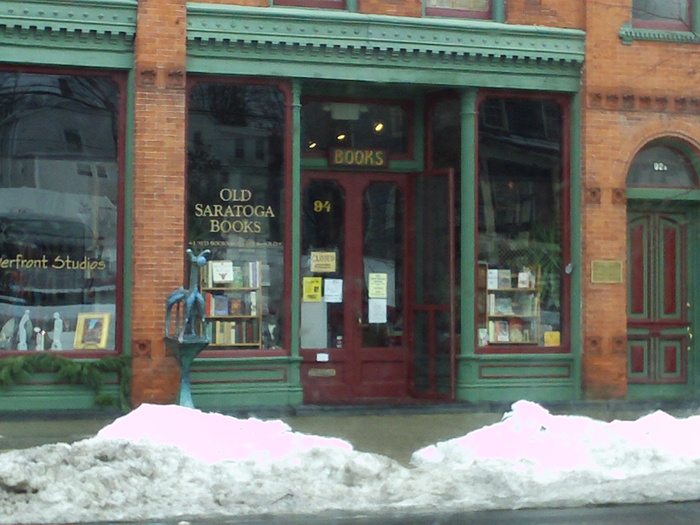What do you think?
Rate this book


416 pages, Paperback
First published January 1, 2009
 come to my blog!
come to my blog!




Literature is a source of pleasure...it is one of the rare inexhaustible joys in life, but it's not only that. It must not be dissociated from reality. Everything is there. That is why I never use the word fiction. Every subtlety in life is material for a book....Have you noticed...that I'm talking about novels? Novels don't contain only exceptional situations, life or death choices, or major ordeals; there are also everyday difficulties, temptations, ordinary disappointments; and, in response, every human attitude, every type of behavior, from the finest to the most wretched. There are books where, as you read, you wonder: What would I have done? It's a question you have to ask yourself. Listen carefully: it is a way to learn to live. There are grown-ups who will say no, literature is not life, that novels teach you nothing. They are wrong. Literature informs, instructs, it prepares you for life.



